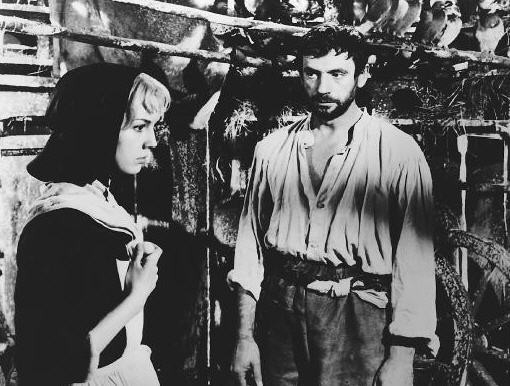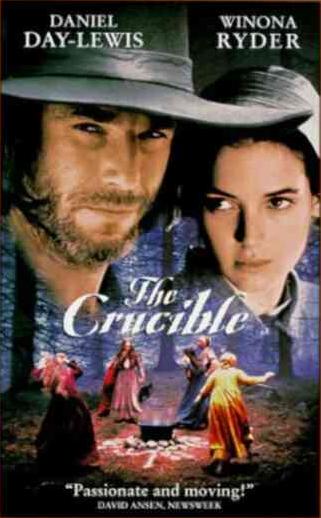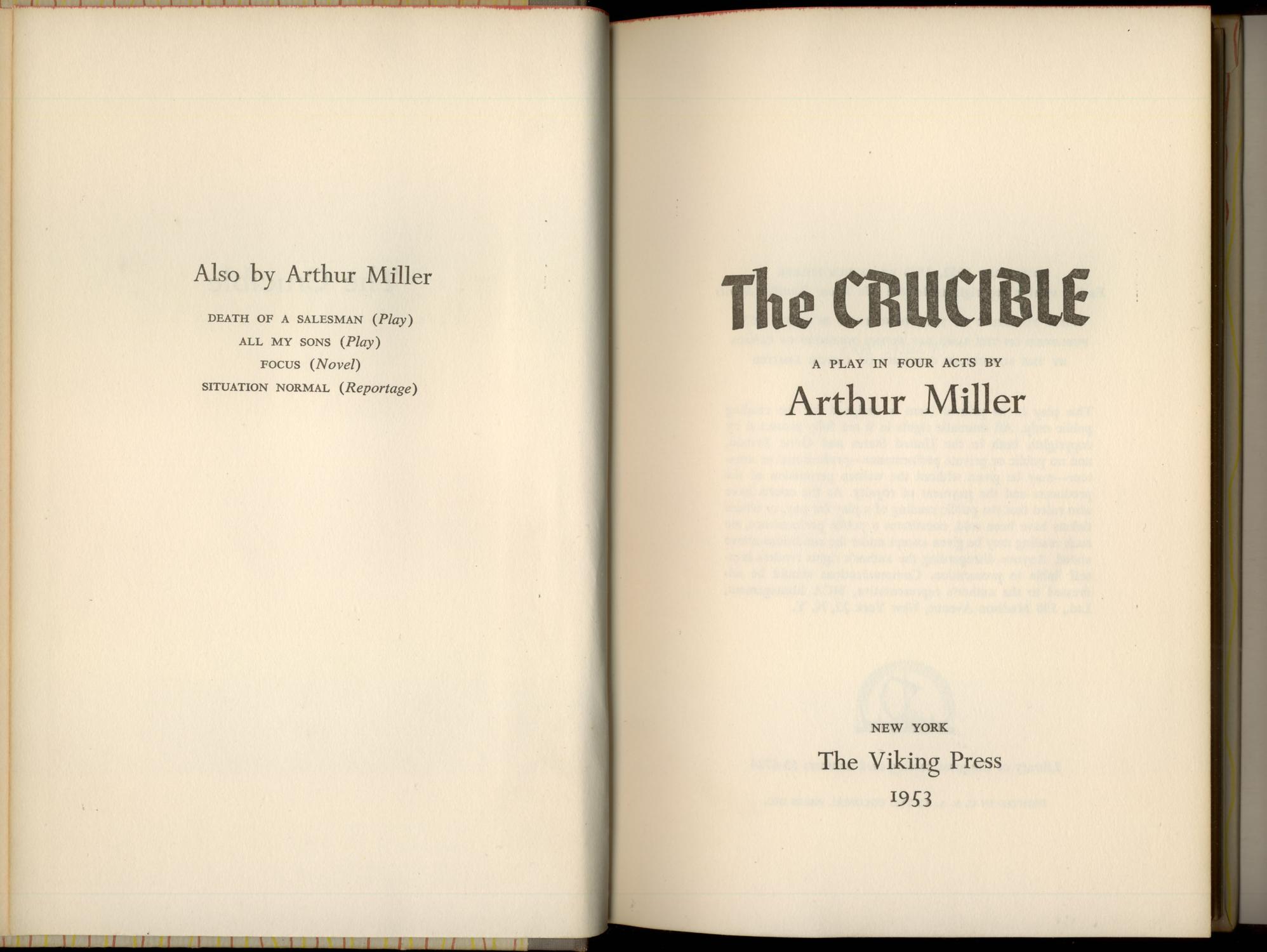

Jean-Paul Sartre began writing the script in late 1955, during what author David Caute defined as "the height of his rapprochement with the Soviet Union".


Elizabeth tells the angry crowd to let Abigail live. The townspeople rebel, but not before John is hanged with other defendants his pregnant wife has been spared. Eventually, both Proctors are put on trial and refuse to sign a confession. When Abigail blames Elizabeth Proctor, the latter rejects John's pleas to defraud Abigail as an adulteress. A wave of hysteria engulfs the town, and Danforth uses the girls' accusations to instigate a series of trials, during which his political enemies are accused of heresy and executed. Abigail and the rest deny it, saying that they have been bewitched.

Reverend Parris catches the girls in the forest as they partake in what appears to be witchcraft. When he ends his affair with her, Abigail and several other local girls turn to slave Tituba. Proctor's sternly puritanical wife, Elizabeth, is sick and has not shared his bed for months, and he was seduced by his maid, Abigail. John Proctor is the only member in the town's assembly who resists the attempts of the rich to gain more wealth at the expense of the poor farmers, thus incurring the wrath of deputy governor Danforth. The Crucible ( French: Les Sorcières de Salem, German: Die Hexen von Salem or Hexenjagd) is a 1957 joint Franco- East German film production directed by Raymond Rouleau with a screenplay adapted by Jean-Paul Sartre from the 1953 play The Crucible, by Arthur Miller.ġ692, Salem, Massachusetts.


 0 kommentar(er)
0 kommentar(er)
